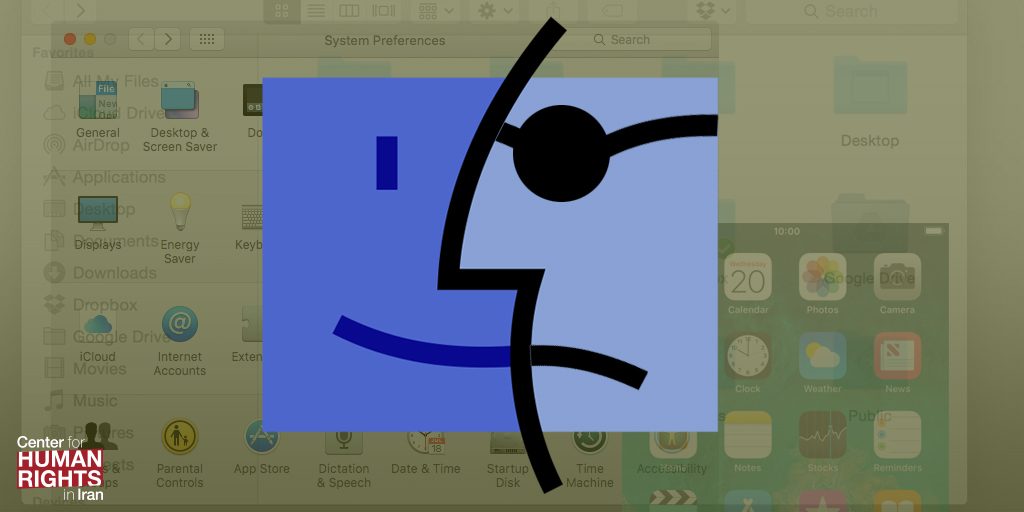Disability Rights Activists Urge Apple to Allow Persian Speakers to Access VoiceOver Screen Reader

Apple’s screen reader technology enables blind and low-vision people to access information, systems and devices such as computers and mobile phones but is unavailable to Persian speakers.
VoiceOver Could be Crucial Tool for Blind and Low-Vision Persian Speakers
More than 1,300 people had signed a petition as of August 9, 2019, by Persian-speaking disability rights activists calling on Apple to make its VoiceOver technology available to Persian-speaking users.
“Excluding a number of people with disabilities from using new technologies is against the Convention on the Rights of Persons with Disabilities and the Americans with Disabilities Act of 1990… which emphasize identifying and eliminating barriers to access to information, communications and electronic services,” said the petition.
“As disability rights activists and their supporters all around the world, we request that Apple enable Persian VoiceOver and stop discriminating against a remarkable number of blind and low vision users of Apple devices,” it added.
Screen reader technology enables blind and low-vision people to access information, systems and devices such as computers and mobile phones. It can also benefit people who are visually impaired, illiterate or have learning disabilities.
Apple’s decision to not include Persian-language screen reader technology has rendered the company’s electronic and communications devices inaccessible to millions of Persian-speaking people with visual disabilities.
Apple has incorporated accessibility into many of its products, which is why the U.S.-based company is considered a pioneer in technological accessibility.
For example, Apple’s Voice Control technology allows people to use voice commands instead of direct touch to use their devices. A step above Apple’s Siri virtual assistant, Voice Control enables users to perform complex and extensive commands and was specifically designed to improve accessibility.
The advanced accuracy of Voice Control, which only operates according to the device owner’s voice for privacy purposes, is also a useful tool for people with speech disorders, but it is also unavailable to Persian-speakers.
The “Accessibility” section of Article 9 of the Convention on the Rights of Persons with Disabilities (CRPD) states:
“To enable persons with disabilities to live independently and participate fully in all aspects of life, States Parties shall take appropriate measures to ensure to persons with disabilities access, on an equal basis with others, to the physical environment, to transportation, to information and communications, including information and communications technologies and systems, and to other facilities and services open or provided to the public, both in urban and in rural areas.”
The U.S. has not ratified the convention. However, many of the CRPD’s principles exist in the Americans with Disabilities Act of 1990.
Read this article in Persian.






